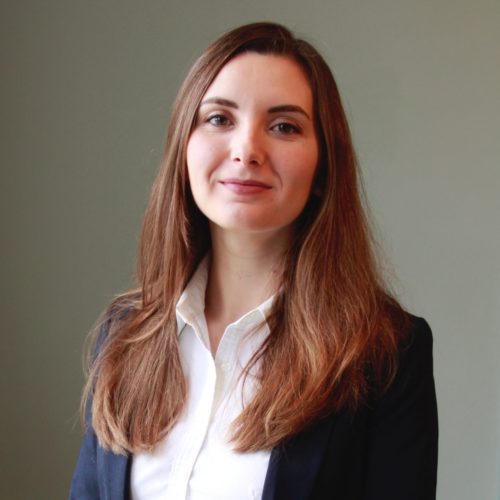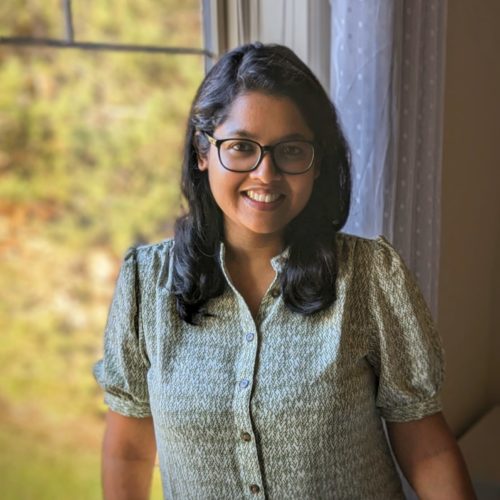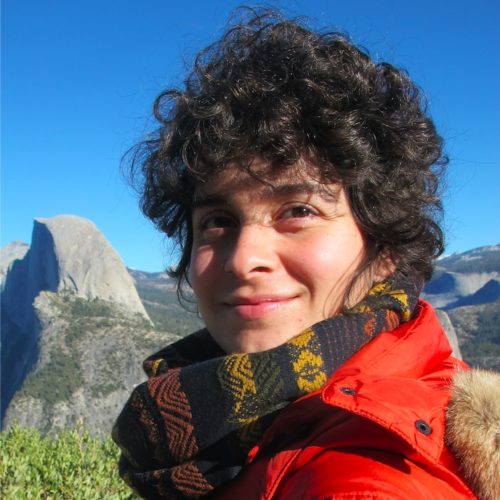January 20, 2023
Future Directions in Socio-Economics 2023
As in past years, the incoming editorial board of Future Directions in Socio-Economics is composed of graduate students and early-career scholars from around the world, largely recruited from among SASE Early Career Workshop participants.
The editorial team is as diverse as SASE itself, but we all share a commitment to the development and growth of socio-economics. Chief editor Melike Arslan (Postdoctoral Fellow at the Max Planck Institute for the Study of Societies in Cologne) connects the sociology of expertise, organizations, and markets with the international political economy of laws and regulations. Swati Chintala (Ph.D. candidate in Sociology at New York University) researches the political economy of platform work and its intersections with the informal economy. Joshua Cova (Postdoctoral researcher at King’s College London) studies the political economy of low-wage work and income stagnation in Europe from a comparative political and economic perspective. İrem İnal (PhD student at UC Berkeley’s Department of Sociology) investigates renewable energy infrastructure, climate policy, green financing, and climate legislation. Federico Jensen (PhD Fellow in International Political Economy at Copenhagen Business School) studies the political economy of global shipping. Anna Woźny (PhD candidate in Sociology at the University of Michigan) examines how market and state institutions shape intimate relationships.
Looking ahead, the editors will seek to feature emerging topics in socio-economics and profile some of the leading figures in the socio-economics community through in-depth interviews on a monthly basis, beginning in March 2023.
In the first regular post of this academic year, Joshua will write about regulation on platform workers and the new European social model in March. In April, Anna will interview Kimberly Kay Hoang about her new book, Spiderweb Capitalism: How Global Elites Exploit Frontier Markets.
Other features to look for in the year to come include Swati on COVID-19 and platform workers’ collective identity; İrem on Environmental-Labor Policy Coalitions; and Federico on Industrial policy, protectionism and the future of globalized trade.
Stay tuned, and do not hesitate to reach out to us if you have any questions or comments.
SASE Editors 2023
Max Planck Institute for the Study of Societies
Melike Arslan
Melike Arslan is a postdoctoral researcher at the Max Planck Institute for the Study of Societies in Cologne. She mainly studies the legal and regulatory infrastructure of liberal market economies from a comparative and international perspective. Her previous works on corporate bankruptcy laws, transnational legal indicators, and the legal foundations of money were published in the International Journal of Law in Context and Annual Review of Law and Social Science. Her new project delves into the drivers and consequences of consumers’ moral denouncement of price hikes as “price gouging” during the Covid-19 pandemic. She is also involved in several collaborative projects on business elite networks, state aid (subsidy) policies, and long-term planning for global climate change.
New York University
Swati Chintala
Swati Chintala (Ph.D. Candidate in Sociology at New York University) is interested in understanding how new forms of work are shaped by, and in turn might change, entrenched economic and social institutions. She studies the political economy of platform work in India, particularly the parts of it that intersect with India’s vast informal economy.
King’s College London
Joshua Cova
Joshua Cova is an incoming postdoctoral researcher at King’s College London. In his work, Joshua studies the political economy of low-wage work and income stagnation in Europe from a comparative political and economic perspective. His work on the ideological preferences of the EU institutions on income growth and wage-setting institutions has been published in European Union Politics. His new project examines the extent to which labour market institutions and training practices affect the export strategies of different economic sectors operating in different growth models.
University of California, Berkeley
İrem İnal
İrem İnal is a PhD student at UC Berkeley’s Department of Sociology. She has done research on consolidation and organizational change in the credit union industry in the US. Her current work investigates 1) how communities interact with renewable energy infrastructure in the US, 2) fossil fuel interest groups’ response to climate policy in US states, and 3) the relationship between green financing and climate legislation in the Global South. Prior to moving to Berkeley, she lived in Istanbul where she majored in Economics and Sociology at Boğaziçi University.
Copenhagen Business School
Federico Jensen
Federico Jensen is a PhD fellow in International Political Economy at Copenhagen Business School. He currently studies the political economy of global shipping, focusing on the role of the state within the industry, the growth and prominence of Chinese state owned enterprises, and the resulting geoeconomic competition surrounding global shipping. His research has been published in journals such as Environment and Planning A: Economy and Space and Ecological Economics. He has also written several short-form pieces in newspapers and magazines such as the South China Morning Post, The Diplomat and Danish national newspapers Politiken and Information.

University of Michigan
Anna Woźny
Anna Woźny is a PhD candidate in the Department of Sociology at the University of Michigan and the 2022-23 Mellon/ACLS Dissertation Completion Fellow. Originally from Poland, she received her BA in East Asian Studies from the University of Tokyo and her MA in Sociology from the University of Michigan. Her research examines how market and state institutions shape intimate relationships. She is particularly interested in the cultural processes through which these institutions reproduce social inequality around gender, sexuality, and class. Her doctoral dissertation studies the new Japanese dating industry known as “marriage-hunting” which has been supported by the Japanese government to encourage reproduction. Her sole-authored and collaborative research has been published in Signs: Journal of Women in Culture and Society, the American Sociological Review, and the Annual Review of Sociology. It has received multiple awards from the American Sociological Association and departments of Sociology, Gender Studies, and Japanese studies at the University of Michigan.





